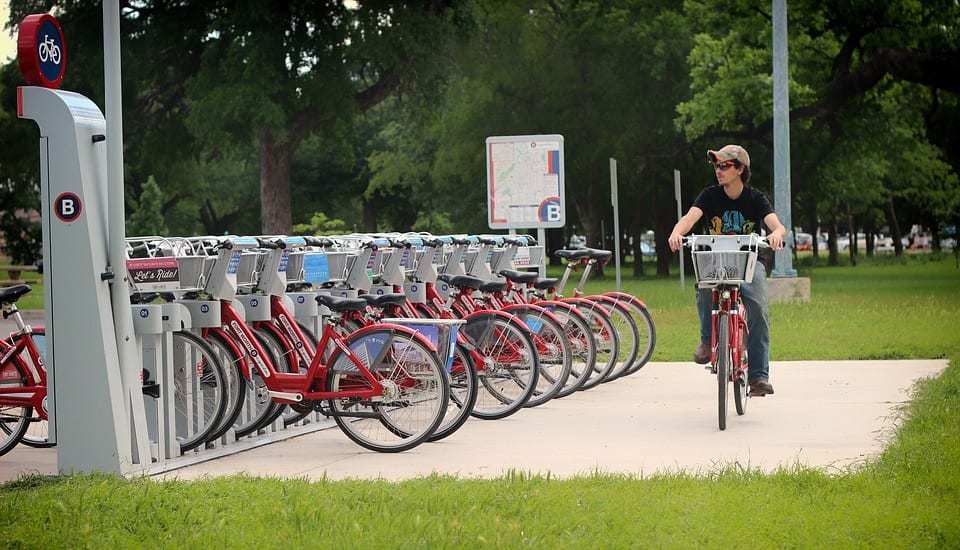Bike sharing programs are highly popular in the country, leading to new licensing and parking rules.
The Singapore Land Transport Authority (LTA) has announced a new QR code geofencing system meant to help control indiscriminate parking of shared bikes. Bicycle sharing programs have spiked in popularity in recent years.
A new licensing strategy has been developed and is starting to roll out across the city state.
Among the main issues the QR code geofencing is designed to overcome is indiscriminate parking. Shared bicycles have been parked pretty much anywhere they will fit. That said, bike sharing operators are now facing new rules to help fix that problem.
The new regulations were a component of the Parking Places (Amendment) Bill. This was discussed in Parliament at the start of the week. The LTA’s new regulatory framework will require companies such as Mobike, oBike and ofo to renew their fleet size every six months. This will be based on their degree of compliance regarding parking issues with their customers.
The QR code geofencing will require bikes to be scanned when they enter a parking space.
The reason this QR code and geolocation solution could be useful is that it will require a bike share service user to take certain extra steps. Instead of leaving a bike pretty much anywhere when it is returned, new steps will need to be taken. For example, the QR code must be scanned before a user can end his or her trip.
Bike share operators will be required to issue temporary bans on users who do not follow the rules and who park the bikes indiscriminately. When users regularly fail to park the bicycles properly, operators may be required to charge them. The LTA expects the new regulations to become effective within the second half of this year.
Should operators fail to comply with the new standards, the LTA will enforce the rules through penalties. These could involve fines as high as S$100,000, as well as required fleet size reductions, or even suspension or cancellation of operating licenses. The hope is that those penalties will be rare as the QR code geofencing will encourage compliance right from the customer level.

